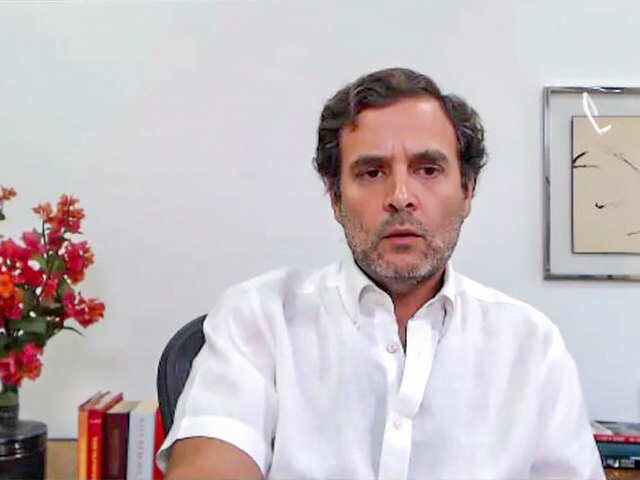New Delhi, Mar 7: Prime Minister Narendra Modi today strongly condemned incidents of vandalism of statues in certain parts of the country and warned of stern action against those found guilty.
The prime minister also spoke to Home Minister Rajnath Singh on the matter and expressed his strong disapproval of such incidents, according to an official statement.
The prime minister has strongly condemned the reported incidents of vandalism in certain parts of country and said stern action will be taken against those found guilty, the statement said.
The Ministry of Home Affairs has said it has taken serious note of such incidents and directed state governments to take strong action.
Persons indulging in such acts must be sternly dealt with and booked under relevant provisions of law, the ministry said.
In an advisory to all states and union territories, the Home Ministry said incidents of toppling of statues have been reported from certain parts of the country.
"The MHA has asked the states that they must take all necessary measures to prevent such incidents," it said.
The ministry said the state governments were told that persons indulging in such acts must be strernly dealt with and booked under relevant provisions of law.
"Honorable Prime Minister has also spoken to the Home Minister in this regard," the advisory said.
The advisory did not specificaly mention Tripura but sporadic violence and clashes have been reported between rival political groups in the state after election results were declared on Saturday.
A statue of Lenin was brought down at Belonia town in South Tripura on Monday with the help of a bulldozer after the BJP's victory in the Assembly elections in Tripura where a 25-year-long communist government was ousted.
A statue of social reformer and founder of Dravidian movement E V Ramasamy 'Periyar' was also allegedly vandalised in Tamil Nadu's Vellore district last night.
Yesterday, Home Minister Rajnath Singh called up Tripura Governor Tathagata Roy and DGP A K Shukla and asked them to ensure peace and check violence till a new government is installed in the state.
Union Home Secretary Rajiv Gauba had also spoken to the DGP and asked them to take all possible steps to maintain law and order, check violence and restore peace and public order.
The ministry said enough central and state forces were available at the disposal of the state government to tackle the situation.






Comments
it seems only after tit for tat PM speaks
Add new comment